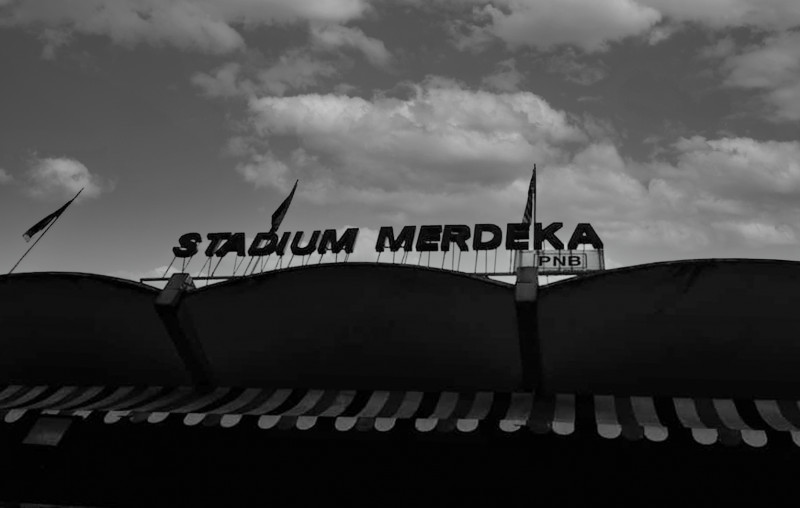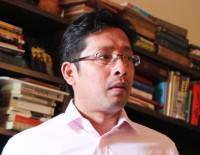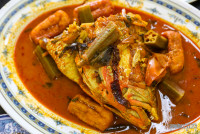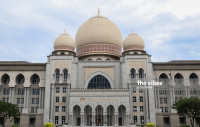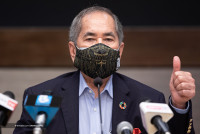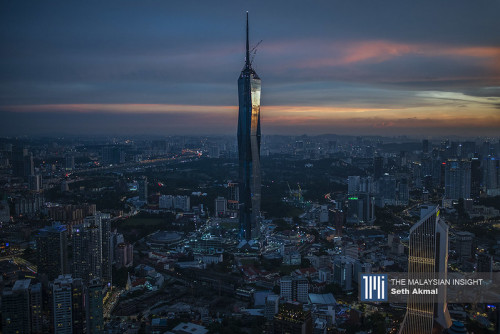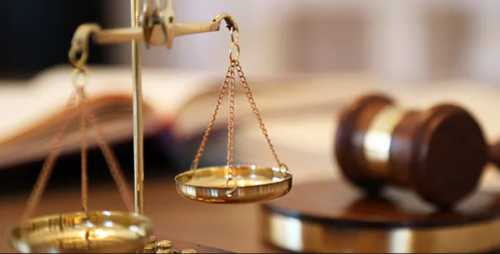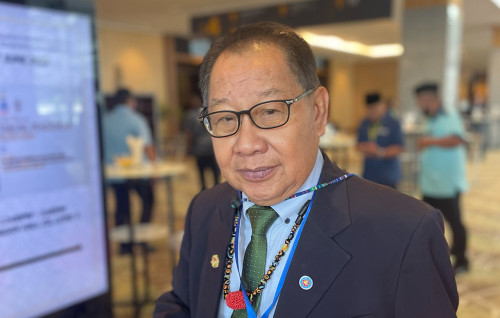BUT for a brief period of bloody barbarity, gradually and purposefully pushed inward into the heart of the jungle, our approach to nationhood proved largely pragmatic, commonsensical, and devoted to working out, in the words of the first prime minister, Tunku Abdul Rahman Putra Al-Haj, “complications”.
The concept of “struggle” – whatever alternative histories may try to prove otherwise today – was largely of a practical nature, almost mathematical in precision – how, for example, to correct the communal inequities in the economy “between the races”.
On the eve of Independence, as the crowds gathered at Padang Selangor (now Dataran Merdeka), Tunku was hardly even seen on a platform. Along with the pressing crowds, the lights were extinguished for several seconds before coming on again to witness the lowering of the Union Jack and the raising of independent Malaya’s flag.

A short speech by Tunku eschewed all attempts at the dramatic and vainglorious, venturing along the lyrical route instead, painting an almost poetic image of the newly born nation as a “a beacon of light in a disturbed and distracted world”.
The next day, as crowds from across the country descended on the newly constructed Stadium Merdeka to witness the transfer of sovereignty, and the raising of the flag of the independent Federation of Malaya, the overwhelming concern was the threat of rain. Just the night before, at odds with the meteorological forecast of a dry day, heavy rain had swept many parts of the country, but by the early morning, this had turned into a light drizzle, described by Tunku as “hujan berkat” (blessed rain).
William Fish, a journalist with the Straits Times then, wrote evocatively: “Independence was to be proclaimed at the Stadium and there, the people waited as dawn came, bringing rain… Meteorologists forecast fine weather by 9am, and they proved right. The clouds broke, revealing the hills that encircle the Federal Capital, and as the Rulers made their way to the centre of the arena in warm sunlight, the blues, red and gold of their national costumes contrasted vividly with the sodden green of the turf.”
Perhaps, the most evocative moment of the proceedings was the inaugural rendition of the national anthem – Negaraku – itself a melody that had gone through several incarnations – folk melody, popular Krontjong tune, Perak state anthem, and finally, national anthem, with its moving line “Tanah Tumpahnya Darahku” (Upon This Country, My Blood) – signalling the principal ethos upon which the nation was born and was expected to evolve: sacrifice.
“I was filled with apprehension and anxiety at the thought of Independence,” our former Lord President, the late Tun Salleh Abas, once told me. “But hearing the Negaraku gave me a strange sense of reassurance. It was melancholic. But on hearing it, I felt then ‘we could do this’.”
More formal considerations aside, Tunku is said to have chosen the site for Stadium Merdeka because he liked the name of the location – Bukit Petaling (Prosperity Hill). At jocular moments, Tunku would recount that he had spent many good times in the vicinity, especially in the nearby Bukit Bintang area, the location of the popular and legendary BB Park.
More importantly, it was a place right in the heart of Kuala Lumpur’s community – a community, which, in all its diversity and industriousness, reflected the aspirations of the nation at large.
The stadium at Bukit Petaling was also within easy reach of everyone, irrespective of race and class.
In the beginning, the stadium had been used for national events, among them the Proclamation of Malaysia. It was also the initial site for the pageantry of our nationhood, expressed especially on National Day celebrations, with gesturing schoolchildren assembled in rows and lines, and of military parades.
Soon after the declaration of Independence, the stadium became a centre for sporting activity, a particular passion of Tunku. Very soon after independence, the Pestabola Merdeka (Merdeka Tournament), Asia’s first footballing tournament, was held, and served as one of the principal footballing tournaments for decades to come.
As a sporting stadium, Stadium Merdeka was strangely intimate and modest, its proximity to the track and field unimaginably close. The kick of a ball, the step of a spike could be heard, and with a slight virtual trick, it was possible to imagine yourself on the very pitch.
This intimacy served the best years of Malaysia’s sporting life. And for a modest stadium, it attracted some of the grandest names in world sport – Diego Maradona and Boca Juniors, Pele and Franz Beckenbauer playing for the American football club New York Cosmos against the Malaysian Youth Team Harimau Malaysia (Malaysian Tigers); the England B team held to a 1-1 draw by the Malaysian national team following a vicious 30 feet goal by Mokhtar Dahari that left England’s fine goalkeeper, Joe Corrigan, floundering. A friendly match with Bayern Munich saw Germany legends Paul Breitner and Karl Heinz Rummenigge flying along the field.
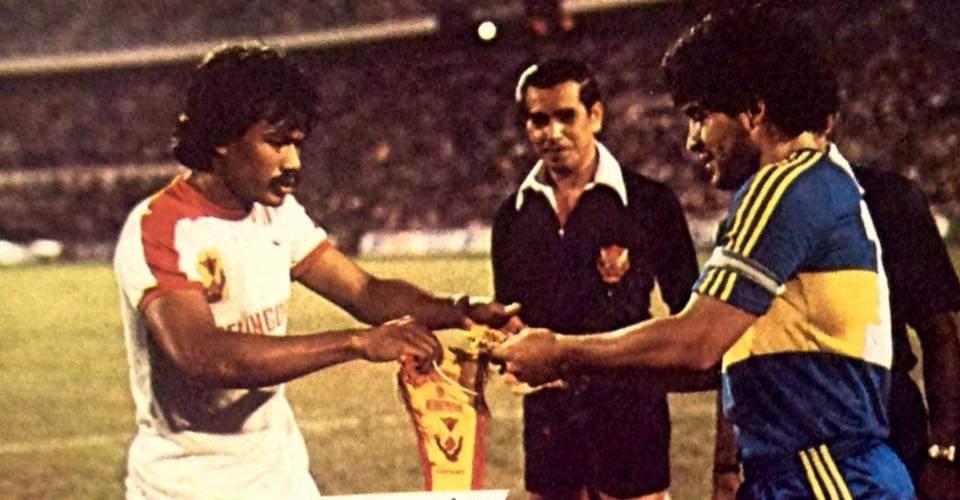
But the crown of international visits to the stadium must be held by Muhammad Ali, who held Malaysia in thrall for a month as he trained and defended his title against the hapless Joe Bugner at Stadium Merdeka.
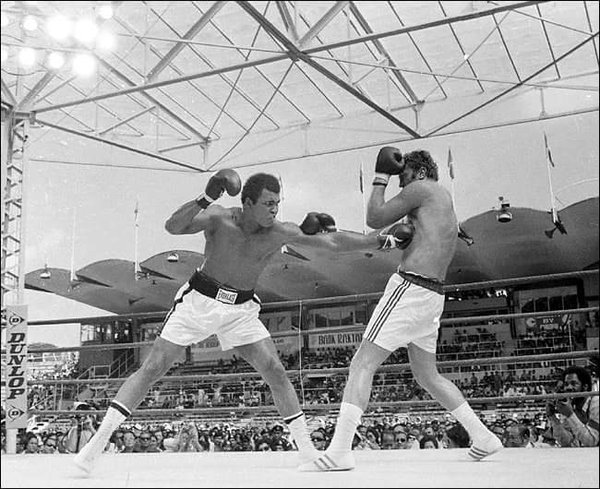
Nevertheless, for all the flair that flew through the stadium, the deepest admiration was kept for our own – Mokhtar Dahari, Soh Chin, Aun, Santokh Singh, R. Arumugam, Marina Chin, Rabuan Pit, the likes of Poon Fook Loke when the stadium was still used as a hockey pitch. For those legendary Malaysia Cup finals between Selangor and Singapore, and especially for the magical, speedy Sabahans Hassan Sani and James Wong, who scored against South Korea to enable Malaysia to qualify for the Olympics – to which we never went.
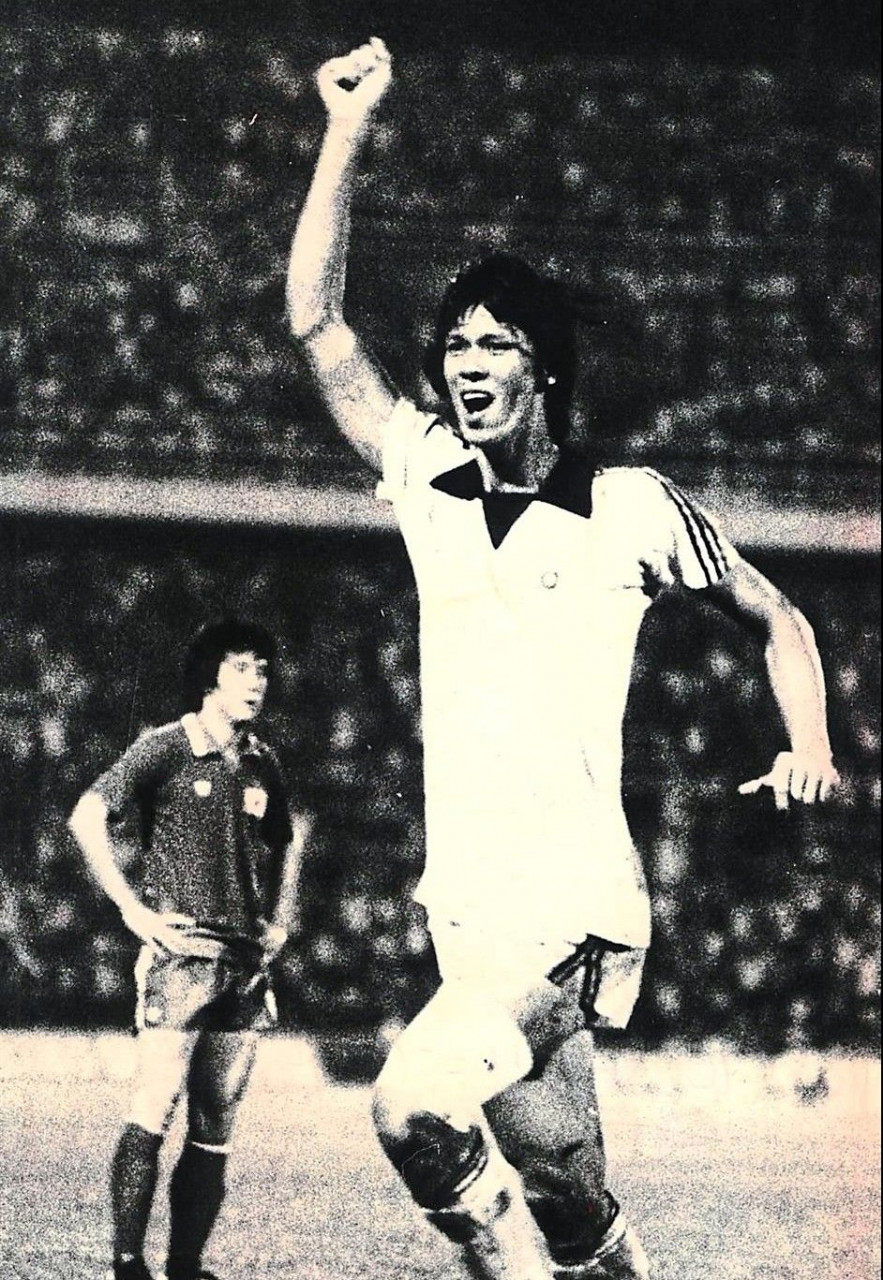
Weeks before the fall of the pandemic, I made a familiar drive, now made unfamiliar because of road closures, to Stadium Merdeka to meet a hero, our footballing legend Santokh Singh.
Setting foot in that most familiar of spaces with the great Santokh, the stadium now resplendently conserved and refurbished by its owners PNB, I was struck by a few lines by the poet laureate of football, the writer Eduardo Galeano: “Have you ever entered an empty stadium? Try it. Stand in the middle of the field and listen. There is nothing less empty than an empty stadium. There is nothing less mute than stands bereft of spectators.”

True. But what of the echo.
There is a reason footballers kiss the ground they play on. Maradona once said: “It is to be grateful for the earth, to have a sense of spirit, to commemorate those who have played before.”
The grass at Merdeka, our stadium, on that day, with the great Santokh, it was just that. – The Vibes, August 28, 2021




